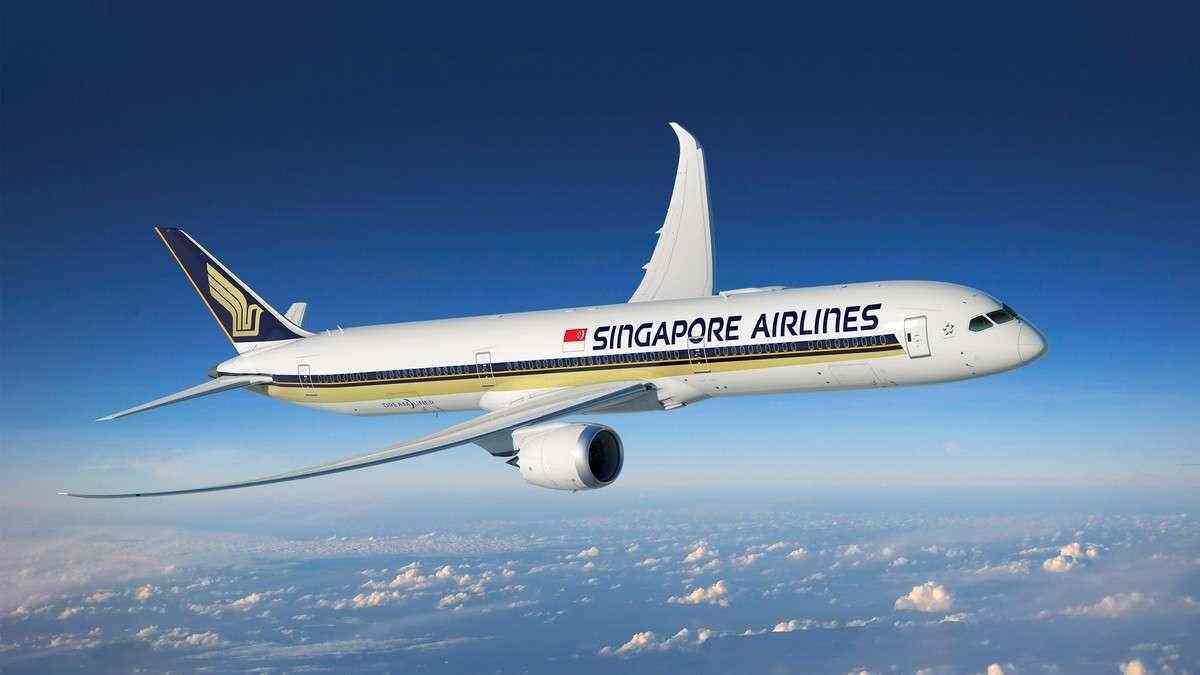Singapore Airlines to reduce most of its fleet as coronavirus creates “greatest challenge”

Singapore Airlines Ltd (SIAL.SI) will decrease capacity by 96% and land almost all of its fleet, the carrier said on Monday, in reaction to the coronavirus travel restrictions it called the “greatest challenge” it had ever faced.
The expedient comes as international travel capital Singapore closed borders to tourists and transiting passengers in a bid to stop the spread of the virus.
Shares of the airline, majority owned by Singapore state investor Temasek, were down nearly 9% by 0218 GMT, exceeding a drop of 8% in the benchmark .STI, its biggest fall since October 2008.
The airline industry all over the world is requesting for state rescue to absorb the shock from the pandemic, as widespread travel restrains have forced many to ground fleets and order a directive to thousands of workers on unpaid leave to keep afloat.
“This will result in the grounding of around 138 SIA and SilkAir aircraft, out of a total fleet of 147, amid the greatest challenge the SIA Group has faced,” it said in an announcement.
The company has pulled on its credit lines in the last few days to meet fulfill cash flow requirements and is in conversation with financial organizations over future funding demands, it added.
Low-cost carrier Scoot will also postpone most of its network, leading to the landing of 47 of its fleet of 49 aircraft, the airline said.
“It is unclear when the SIA Group can begin to resume normal services, given the uncertainty as to when the stringent border controls will be lifted,” the airline said.
The downsizes are in line with those made by rival Cathay Pacific Airways Ltd (0293.HK), which slashed passenger capacity by 96% in April and May.
Singapore Airlines said it was looking to bolster liquidity and reduce expenses, by requesting aircraft makers to delay deliveries and working salary cuts for management, among other steps.
The airline’s cash balance of $1.57 billion by the end of December 2019 was nearly 19% higher than a year earlier.
Last week, OCBC credit analysts said it would seek to require external financial funding, either from banks or major shareholders.

